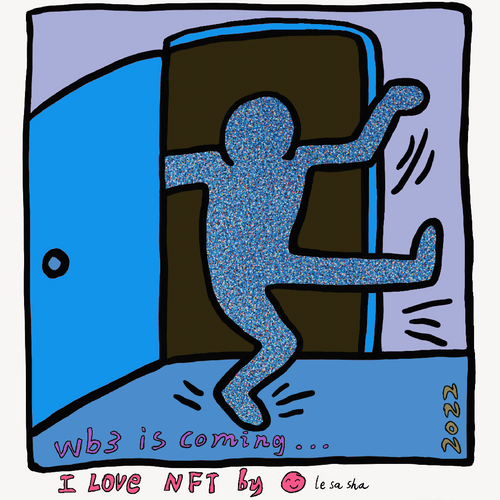13 replies
2 recasts
49 reactions
1 reply
0 recast
0 reaction
1 reply
0 recast
1 reaction
1 reply
1 recast
0 reaction
0 reply
0 recast
1 reaction
1 reply
0 recast
1 reaction
0 reply
0 recast
0 reaction
1 reply
0 recast
0 reaction
0 reply
0 recast
0 reaction
0 reply
0 recast
0 reaction
0 reply
0 recast
0 reaction
0 reply
0 recast
0 reaction
0 reply
0 recast
0 reaction






